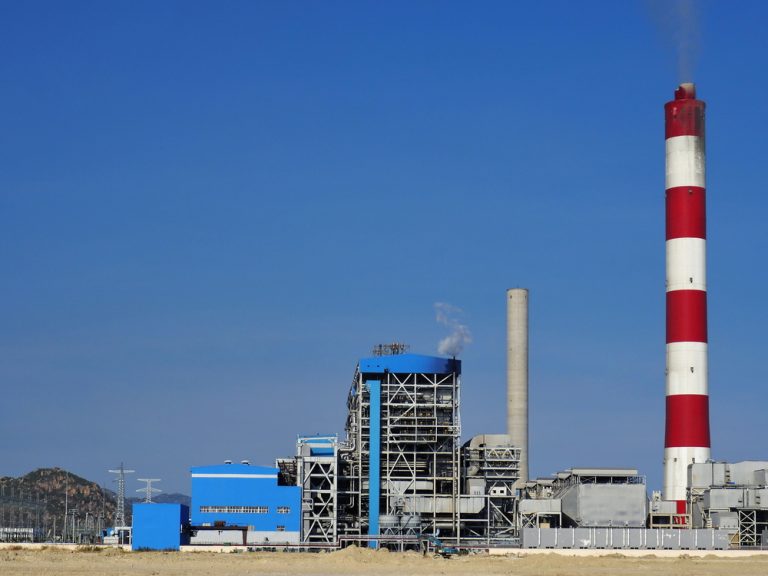Jakarta—The Institute for Essential Services Reform (IESR) strongly criticised Bank Mandiri after it announced the decision to refinance USD 1.27 billion (around Rp 19.24 trillion) for the Sumsel-8 Mine Mouth coal-fired power plants (CFPP). According to IESR, this move contradicts the global trend towards clean energy and raises questions about Indonesia’s commitment to the zero-emission target.
According to IESR Executive Director Fabby Tumiwa, Indonesia must immediately stop building new power plants starting in 2025 if it wants to achieve its greenhouse gas emission reduction target in accordance with the Paris Agreement.
“Our study shows that after 2030, the cost of electricity generation by CFPP in the PLN system is more expensive than Solar PV and battery energy storage. Thus, maintaining CFPP operations will increase electricity generation costs, and PLN loses the opportunity to make a renewable energy transition that provides financial benefits,” Fabby said in his statement on Thursday, October 3.
Increased financial and environmental risks
The refinancing from Bank Mandiri for CFPP Sumsel-8, owned by PT Huadian Bukit Asam Power (HBAP), is also considered to have financial risks. Fabby said Bank Mandiri has the potential to bear the energy transition risk, which should be the responsibility of China Exim Bank, previously the main lender for this project.
In addition, this investment is considered contrary to global trends. According to Tiza Mafira, Director of the Climate Policy Initiative, banks in Indonesia are still aggressively funding fossil energy. “In Indonesia, investment in coal and gas is twice that of renewable energy, and almost entirely from private financial institutions,” she said. “While the global trend is exactly the opposite, investment in clean energy reaches twice the investment in fossil fuels. There is a concern that Indonesia is seen as a market not conducive to green investment.”
Health and environmental impacts
Although CFPP Sumsel-8 uses supercritical technology, which is considered more environmentally friendly, the resulting pollution remains potentially large. Studies from the Center for Research on Energy and Clean Air (CREA) show that power plants with similar technology, such as CFPP Cirebon-1, cause hundreds of deaths yearly due to respiratory diseases.
According to CREA, air pollution from CFPP Cirebon-1 has caused 441 deaths every year. This confirms that the technology used is insufficient to overcome the negative impacts produced by coal-fired power plants.
With such huge renewable energy potential in Indonesia, experts argue that Indonesia should reduce its dependence on coal and accelerate the transition to green energy. Agung Budiono, Executive Director of Indonesia Cerah, criticised Bank Mandiri’s move.
“Bank Mandiri should take the opportunity to become a pioneer and champion in financing increasingly competitive clean energy projects instead of increasing financial support to fossil energy, which hurts society,” Agung said.
Civil society and environmental organisations continue to urge banks to be more transparent in their energy transition plans. They call for financial institutions to set clear targets for reducing their portfolio of funding in coal power and support projects that contribute to reducing carbon emissions.
Meanwhile, IESR emphasised the importance of Indonesia halting the construction of coal-fired power plants after 2025 and gradually closing existing power plants before 2045. This is a crucial step for Indonesia to maintain its commitment to the Paris Agreement and prevent further catastrophic climate change. (Hartatik)














